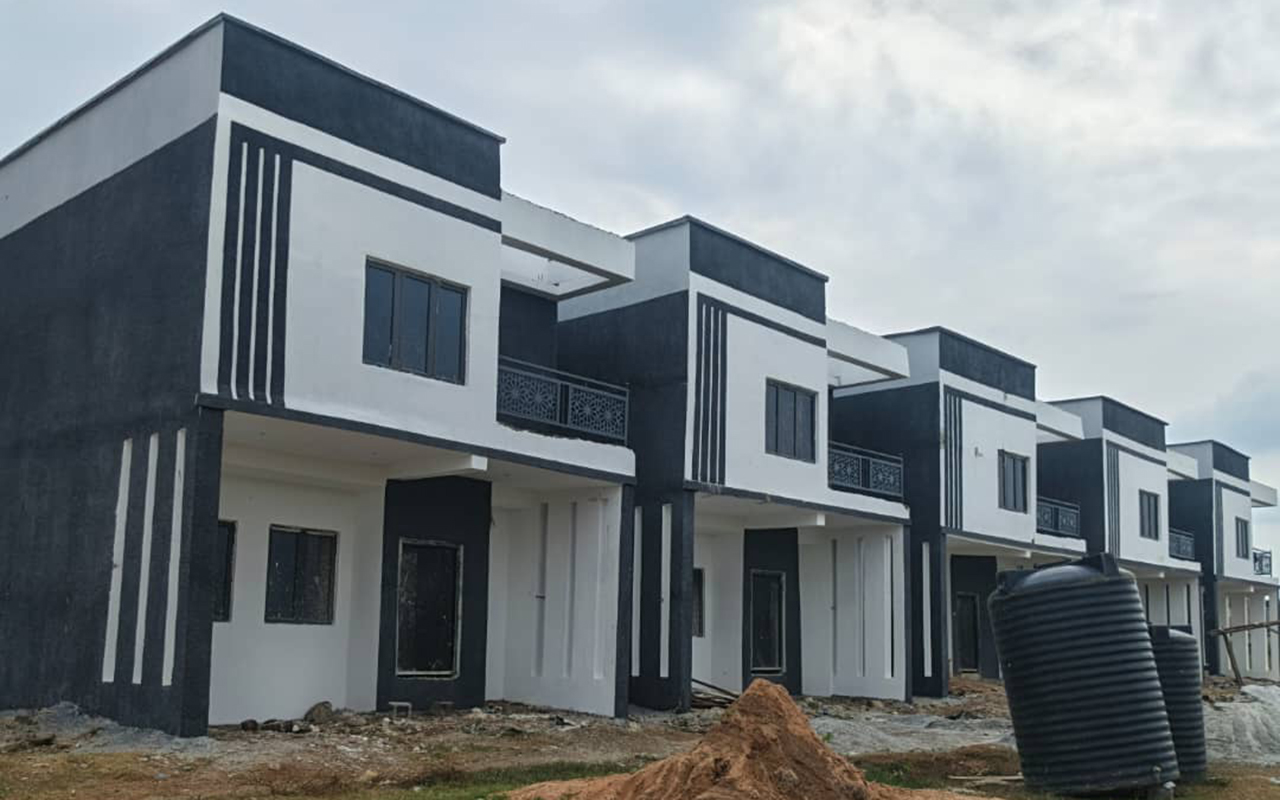 Industry experts have welcomed the Federal Government’s approval for a N250 billion real estate investment fund to provide affordable, long-term mortgages to Nigerians and expressed concerns about its implementation, sustainability, and role of existing institutions.
Industry experts have welcomed the Federal Government’s approval for a N250 billion real estate investment fund to provide affordable, long-term mortgages to Nigerians and expressed concerns about its implementation, sustainability, and role of existing institutions.
The new initiative, known as the Ministry of Finance Incorporated (MOFI) Real Estate Investment Fund, will offer low-cost mortgages to individuals seeking to own homes, with interest rates targeted at single-digit or low double-digit figures, ranging between 11 to 12 per cent.
The fund will be anchored on a blend of government seed funding and private-sector investments. The government will contribute N150 billion, sourced from low-interest loans available to the government at a rate of 1 per cent, with terms extending up to 40 years.
The government-backed funding will be mixed with market-based investments from long-term savers such as pension funds and life insurance companies. By combining these two sources of capital, the fund will be able to offer mortgages with affordable pricing.
Minister of Finance, Wale Edun, said: “We aim to attract long-term investors, including pension funds and insurance companies, who will provide additional capital at market-based rates. This, combined with the government’s low-cost funding, will allow us to offer mortgages at a fraction of the current interest rates.”
In reaction, the Director, University of Lagos Centre for Housing and Sustainable Development, Prof Timothy Nubi, praised the government’s intention but questioned the fund’s structure and oversight, saying, “The spirit, the intention is noble. But which institution will be running this fund? We have various institutions set up by the government over the years—the Federal Mortgage Bank of Nigeria (FMBN), Nigeria Mortgage Refinance Company Plc (NMRC), and Family Homes Fund Limited (FHFL).
“They have their staff and boards, and their staffs are heavily paid. Nobody has told us these boards have been dissolved—they’re still functioning. Are we going to start another organisation to run this initiative? We should know where we are going. Until we strengthen and define the roles of existing institutions like the FMBN and FHFL, we won’t make sustainable progress,” Nubi said.
He stressed that creating new entities for every housing initiative undermines long-term development, “Government is a continuum. We must build on existing structures rather than abandoning them with every administration,” he said.
Nubi told The Guardian that a holistic approach, such as slum regeneration and specialised housing projects, is essential to tackling the housing deficit effectively. “New builds alone cannot solve our 22 million housing deficits. We need to regenerate slums, develop staff and student housing, and explore diverse housing solutions to make meaningful progress,” he said.
Similarly, the immediate past president, Real Estate Developers Association of Nigeria (REDAN), Aliyu Wamakko, lauded the initiative but argued that the government should focus on creating an enabling environment for private developers. “They should provide a policy framework, land, infrastructure, and low-interest loans for private developers. This approach will reduce housing costs, create jobs, and generate wealth,” Wamakko explained.
Wamakko advocated private developers to be central to the implementation, as they can deliver housing more efficiently and cost-effectively, noting that every house constructed could potentially create 25 jobs and provide significant tax revenues.
He said that a partnership between the government and private sector could deliver better outcomes.
“If the government offers this money to private developers at a single-digit interest rate and provides land and infrastructure, the cost of housing will reduce, jobs will be created, and wealth will be generated for Nigerians. For every house constructed, we are looking at potentially creating 25 jobs. This initiative, if handled right, can produce significant wealth and employment opportunities across Nigeria,” he added.






